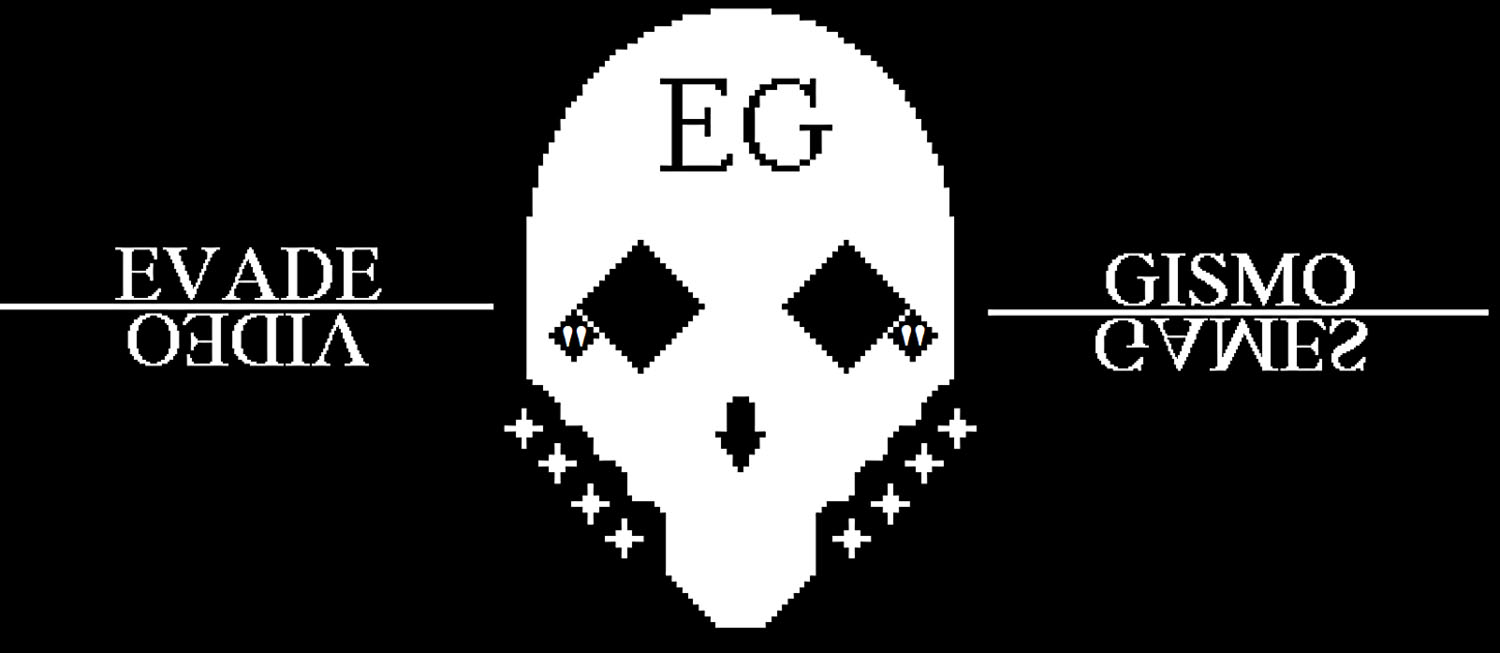What games are the staff at Red Hook playing lately? Did you all know each other prior to starting up the company?
We knew each other in different capacities – I knew Brooks and Tyler, Tyler knew Keir, etc. Taking the startup plunge is a risk-filled endeavor, so It was important that we work with people we knew and trusted. As for what we're playing, I don't think any of us have much time right now to play anything! Looking forward to shipping Darkest Dungeon, so I can go back and see what I've missed!
Who's that narrator? He has this abrupt, short way of speaking that just fits perfectly. How important was it to get the right voice and how long did you need to search for?
His name is Wayne June – he's a professional audiobook narrator. We reached out to him because we were fans of his stuff, and felt like he'd be a perfect fit. He came on board right away, so we didn't even consider an alternative!
The writing is exceptionally well done. The words are so rich and apt; you've managed to flesh out an entire world with very little dialogue. Who is this writer, and what has been
Narration writing is handled by myself (Chris) and Tyler. Character barks have been written predominantly by contractors, but I edit their work to make sure it fits with the tone of the game. It's great fun to work on the cinematics and boss stories. Our game is very lore-light, so it's interesting to walk the line of explaining enough to ground the play experience, but not so much that we lose the 'twilight-zone' vagueries that are so important to the tone.
When you released the game early access was that motivated by the richly developed aesthetics of the game. Or was the art style and audio your starting point? The game doesn't look early access.
I knew very early on the kind of style the game needed, and I'm glad it seems to be working for people. Our philosophy heading into early access was to bring something solid, playable, reasonably polished, lacking more in content than usability. Along with the art style, this approach helped us to stand out in a time where the Early Access model was being decried as 'dead'.
There's a constant tone of urgency throughout the game. Every battle is a grind. How did you manage to achieve this and what design challenges ended up being most tenacious for you?
Everything about the game is meant to be a trade-off. There are no clear paths to victory, and nothing is ever entirely without cost. In some ways we mirrored the experience of starting a studio: making decisions with imperfect information in a high risk environment. We have no shortages of design challenges, but also no shortage of ideas of features we'd like to implement. The trick is picking only what you have time to do, and focusing your efforts in service of the game's core.









